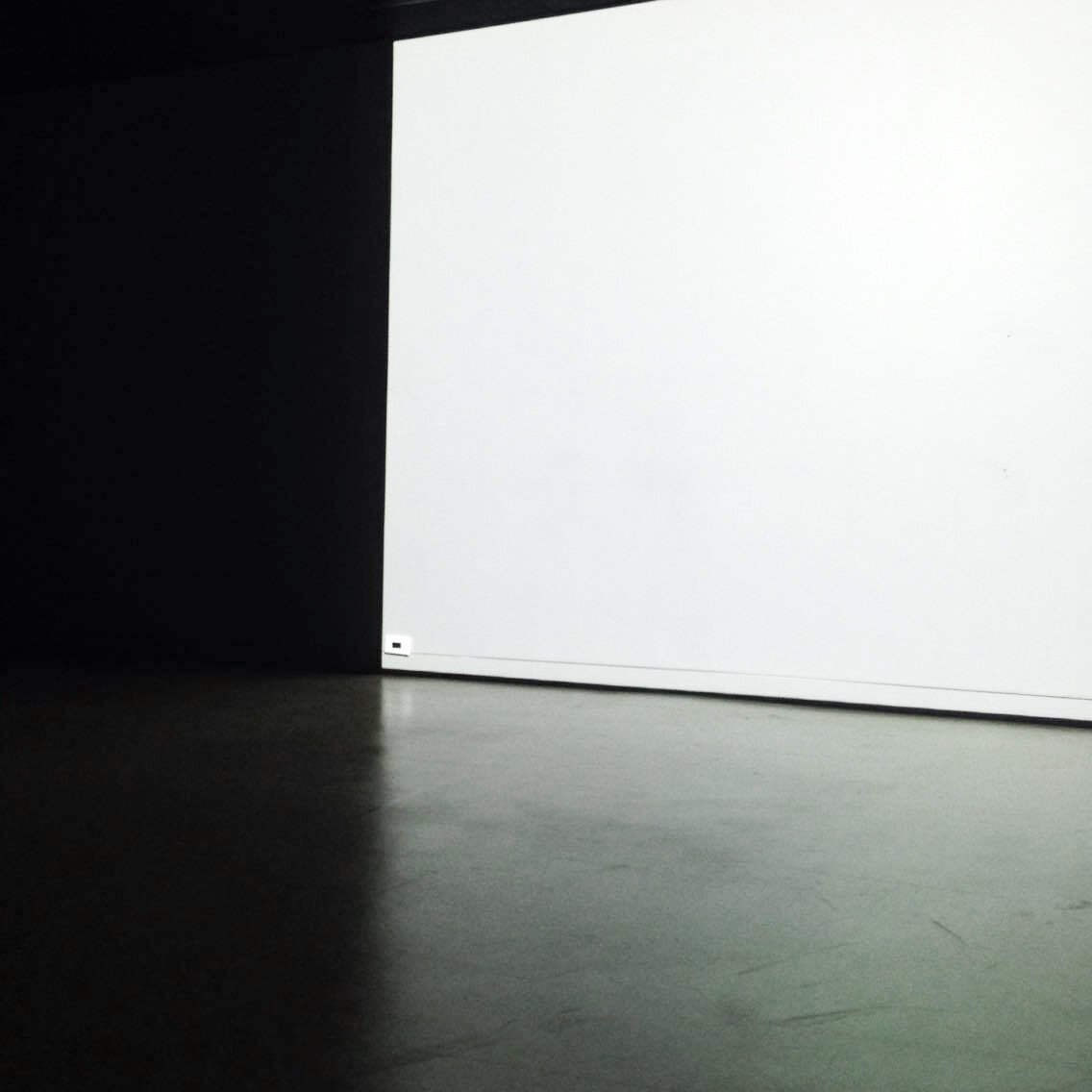METRIC UNITS FOR THE SOLAR SYSTEM
[METRONOME]
2016
MULTI-CHANNEL VIDEO
Our measure of time is an expression of Earth and its imperceptible motion; as the planet rotates slowly beneath us, so do our clocks turn. The second is our smallest unit within this system, historically defined as 1/86400th of a day — a factor derived from the Earth’s rotational cycle (divided into 24 hours, then 60 minutes, and finally 60 seconds, with 24 x 60 x 60 = 86400). In measuring time we also measure the Earth itself.
In Metric Units for the Solar System [Metronome] a visualisaton of the second is experienced across the breadth of our Solar System — based on each planet’s individual rate of rotation (Left to Right: Mercury to Pluto), creating a set of units ranging from 0.41 to 176 Earth-seconds in length. Each pulse from black to white marks a second’s passing, showing the physical dynamics of our planetary neighbours, and in doing so offering an understanding of the measure of time as it exists beyond our own.
Exploring the implicit bias of Earth-bound metrics that un/consciously centre Earth-based experience as the measure of all things this work asks how might we understand time if it were defined by alternate properties? How would our experience of time shift if the agency of its measure was centred elsewhere?
Metronome is part of an expanded body of work (Metric Units for the Solar System) that considers measurement as a scientific and societal construct informing our daily lives and shaping our perception of the world around us. It explores the fundamental properties of measurement, the physicality of the act of measuring and underscores the philosophical possibility for measures to adapt, evolve, and change.
See also METRIC UNITS OF THE SOLAR SYSTEM [METRE SCHEMATIC].




